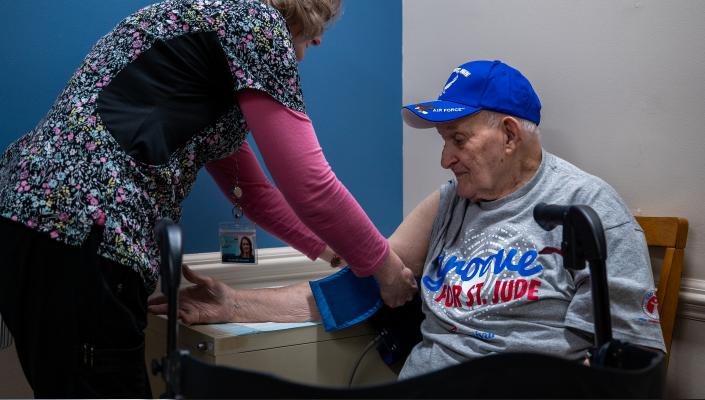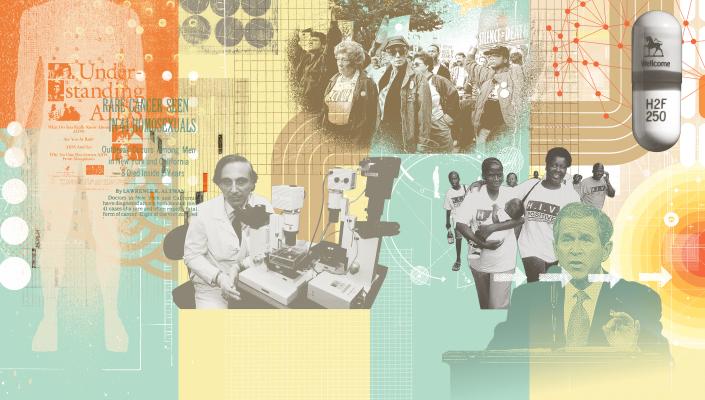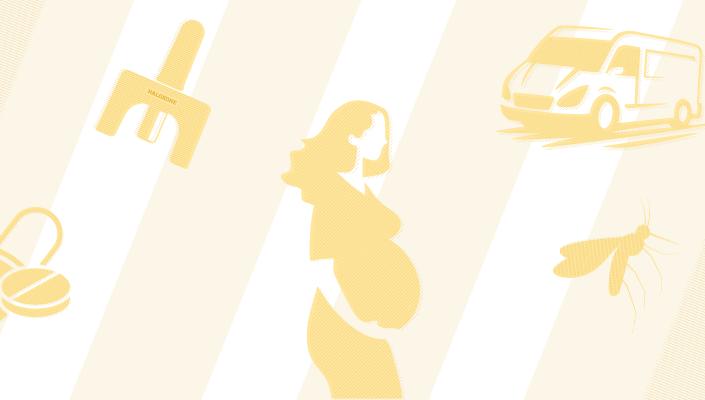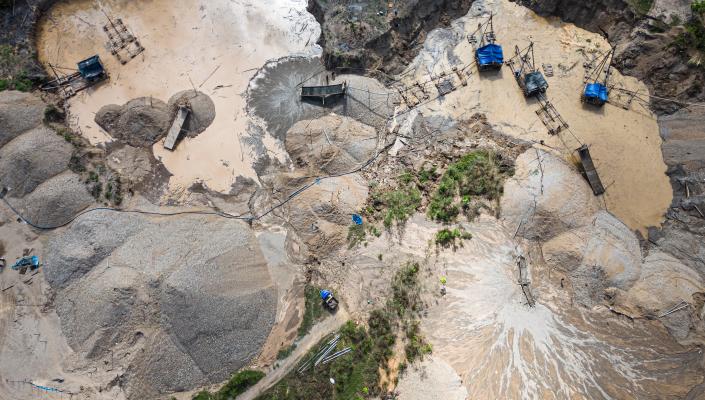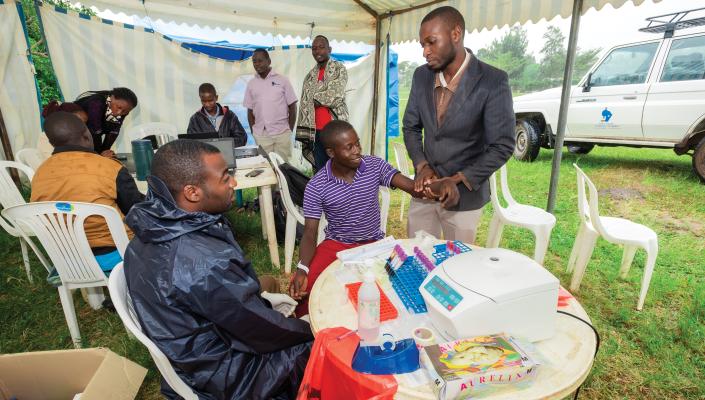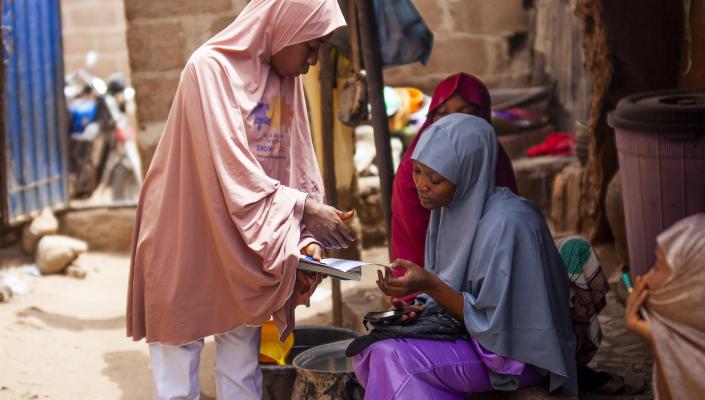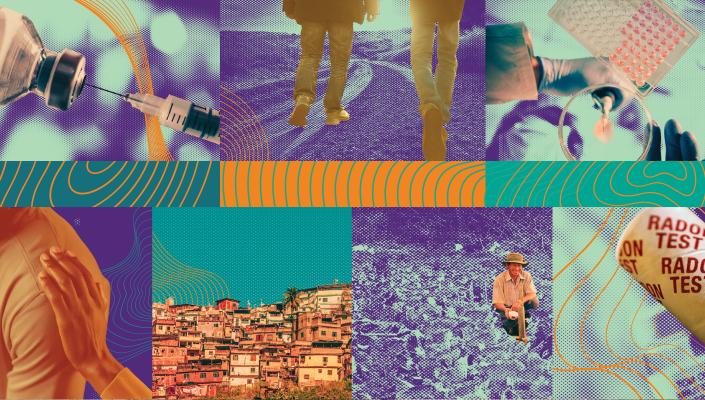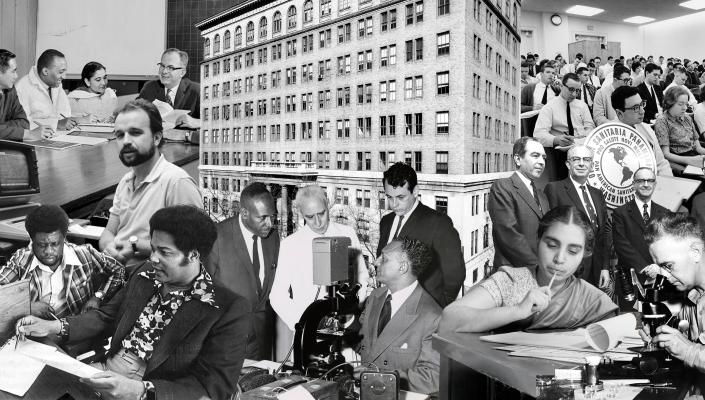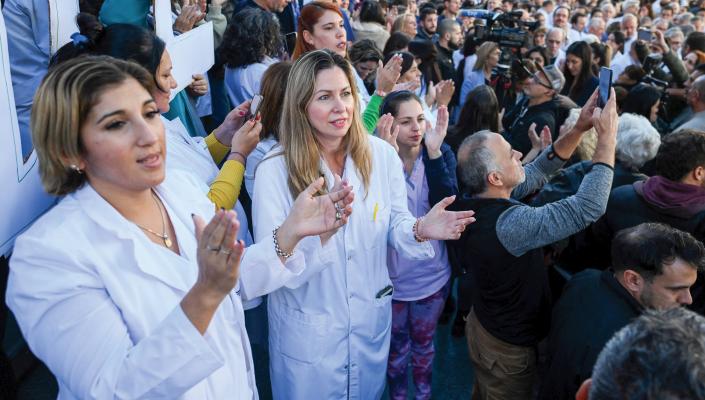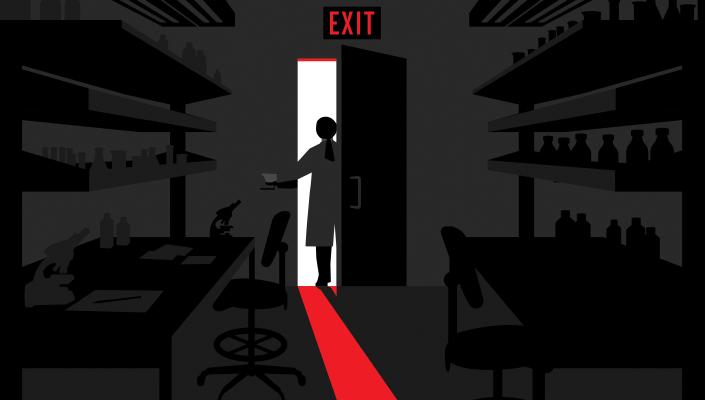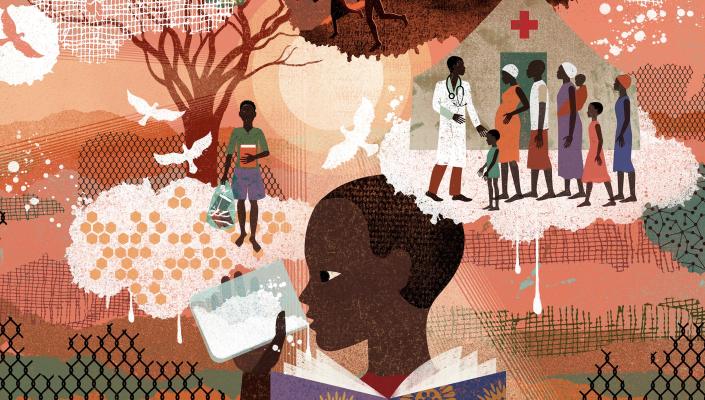Bringing people together on causes that matter is a charge for every one of us.
Spring/Summer 2025
Research With Heart
Community bonds and a human touch have helped scientists collect some of the world's best population-based data on cardiovascular disease risk.
Liz Selvin is taking on the slow-burn diseases—chronic illnesses that our health care systems are ill-equipped to handle.
The long quest to stop the human immunodeficiency virus offers an instructive example.
From job sites to city streets, courtrooms to EHRs, five stories show public health’s reach and impact.
The Future of Cancer
New strategies like liquid biopsies and immunotherapy are revolutionizing cancer care and prevention.
Sudden Impact
What happened when stop-work orders shut down four USAID projects?
The Rakai Health Sciences Program transformed global AIDS policies and cut new cases by 90%. How will its storied research and clinical legacy continue?
Cuts to U.S. aid funding will have ramifications abroad—and at home.
The Johns Hopkins Center for Communication Programs relies on its “small but mighty” ethos to navigate a future without USAID.
Reeling from aid cuts, the sexual and reproductive health community comes together to make its way forward.
Seven stories centered on moments small and big from journeys in lifesaving.
Pandemics. Wars. Existential financial threats. The Bloomberg School has long used its hard-won experience to anticipate and shape the future.
Disrupted but Determined
Funding cuts and sky-high inflation have made researchers in Argentina thrifty and creative. What can U.S. colleagues learn from them?
U.S. researchers face sudden funding cuts that threaten studies, careers, and scientific progress.
A South Sudanese refugee finds a home in academics and public health.
Letters
Readers respond to our reporting on planetary health, the focus of our Fall/Winter 2024 special issue.

